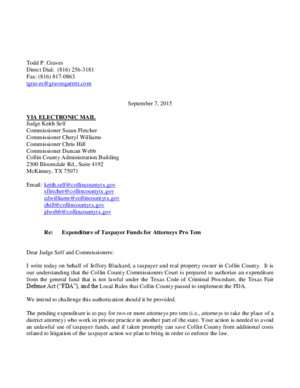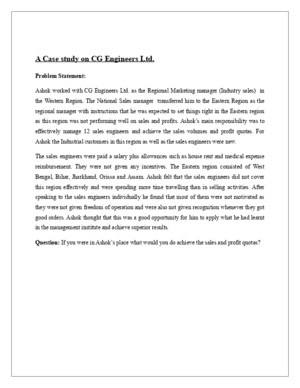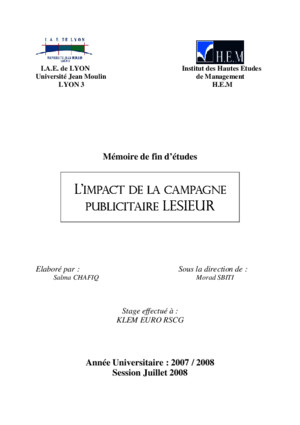Paxton Case Letter to Collin County Commissioners Court
There is document - Paxton Case Letter to Collin County Commissioners Court available here for reading and downloading. Use the download button below or simple online reader.
The file extension - PDF and ranks to the Documents category.
Tags
Related
Comments
Log in to leave a message!
Description
Download Paxton Case Letter to Collin County Commissioners Court
Transcripts
Todd P Graves Direct Dial: (816) 256-3181 Fax: (816) 817-0863 tgravesgravesgarrettcom September 7, 2015 VIA ELECTRONIC MAIL Judge Keith Self Commissioner Susan Fletcher Commissioner Cheryl Williams Commissioner Chris Hill Commissioner Duncan Webb Collin County Administration Building 2300 Bloomdale Rd, Suite 4192 McKinney, TX 75071 Email: keithselfcollincountytxgov sfletchercollincountytxgov cdwilliamscollincountytxgov chillcollincountytxgov jdwebbcollincountytxgov Re: Expenditure of Taxpayer Funds for Attorneys Pro Tem Dear Judge Self and Commissioners: I write today on behalf of Jeffory Blackard, a taxpayer and real property owner in Collin County It is our understanding that the Collin County Commissioners Court is prepared to authorize an expenditure from the general fund that is not lawful under the Texas Code of Criminal Procedure, the Texas Fair Defense Act (“FDA”), and the Local Rules that Collin County passed to implement the FDA We intend to challenge this authorization should it be provided The pending expenditure is to pay for two or more attorneys pro tem ( ie , attorneys to take the place of a district attorney) who work in private practice in another part of the state Your action is needed to avoid an unlawful use of taxpayer funds, and if taken promptly can save Collin County from additional costs related to litigation of the taxpayer action we plan to bring in order to enforce the law Background A criminal proceeding against Texas Attorney General Ken Paxton is pending in the Collin County District Court The proceeding relates to indictments by a Collin County grand jury in July and August 2015 for alleged violations of Texas security laws Because Collin County District Attorney Greg Willis recused himself in the proceedings, the “judge of the court in which [Willlis] represents the state” was permitted to “appoint any competent attorney to perform the duties of the office during the absence or disqualification” Art 207, Tex Code of Crim Proc (“TCCP”) Such “competent attorneys” are known under Texas law as attorneys pro tem An attorney pro tem is not a special prosecutor Rather, attorneys under this designation litigate cases entirely independent of local district attorneys and assistant district attorneys In a case where neither a district attorney nor his subordinates are available, the state allows a county to assign a district attorney from another county In that case, the commissioners courts of the two counties — often neighboring counties — may and do simply reimburse each other for the district attorneys’ services If no district attorney or assistant district attorney can be assigned from another county, it is also possible to appoint a “competent attorney” in private practice Our review indicates that hundreds of private attorneys are available within a 50-mile radius of Collin County to accept attorney pro tem appointments (and indeed, many of these attorneys do accept appointments under the compensation rates allowed by law) In the case relating to Attorney General Paxton, Judge Scott Becker appointed Houston criminal defense attorneys Kent Schaffer and Brian Wice rather than a district attorney from another county The attorneys hosted a press conference on April 22, 2015, to accept their appointments We do not, at least for now, challenge the selection of the special prosecutors We do challenge the Commissioners Court ’s apparent plans to compensate attorneys Wice and Schaffer in excess of the rates fixed by law The Basis for the Challenge Our challenge is based on Texas statutes and your own Local Rules that fix the compensation of indigent attorneys First, the attorney pro tem statute is clear regarding compensation: If the appointed attorney is not an attorney for the state, he is qualified to perform the duties of the office for the period of absence or disqualification of the attorney for the state on filing an oath with the clerk of the court He shall receive compensation in the same amount and manner as an attorney appointed to represent an indigent person Art 207(c), TCCP (emphasis added) Second, payment for all such attorneys is governed under Article 2605 of the Texas Code of Criminal Procedure, which commits the fixing of fees to the counties: (b) All payments made under this article shall be paid in accordance with a schedule of fees adopted by formal action of the judges of the county courts, statutory county courts, and district courts trying criminal cases in each county On adoption of a schedule of fees as provided by this subsection, a copy of the schedule shall be sent to the commissioners court of the county (f) All payments made under this article shall be paid from the general fund of the county in which the prosecution was instituted or habeas corpus hearing held and may be included as costs of court Art 207(b), (f), TCCP (emphasis added) Collin County has adopted its own schedule of fees under these statutory requirements See page 12 of Exhibit A, attached As of November 1, 2013, these guidelines allow for a total fee of 1,000 for pre-trial preparation, and a total of 1,000 (figured in half-day increments) for trial Within this cap, fees are capped at 100 per hour, since this is a non-death penalty case These amounts are non-negotiable except for an additional flat fee of 1,000 that may be provided as part of a “per case” discretionary adjustment These guidelines are binding under the TCCP as Collin County Local Rules and therefore do not allow for the proposed authorization of 285,000 in taxpayer funds — or any amount remotely close to this — for attorneys Schaffer and Wice The reason for this is simple: the statutes intend that counties rely on district attorneys and state attorneys — not private attorneys — as a preferred method to place prosecutions in the trust of democratically accountable elected officials Please inform us of your intent to abide by the statutes as we have presented them, or of your intent to proceed despite our views While we intend to seek relief in the courts if the Commissioners Court proceeds under its current plans, we are hopeful this will not be necessary Thank you for your time and attention to this urgent matter Sincerely, s/Todd Graves Todd P Graves
Recommended















